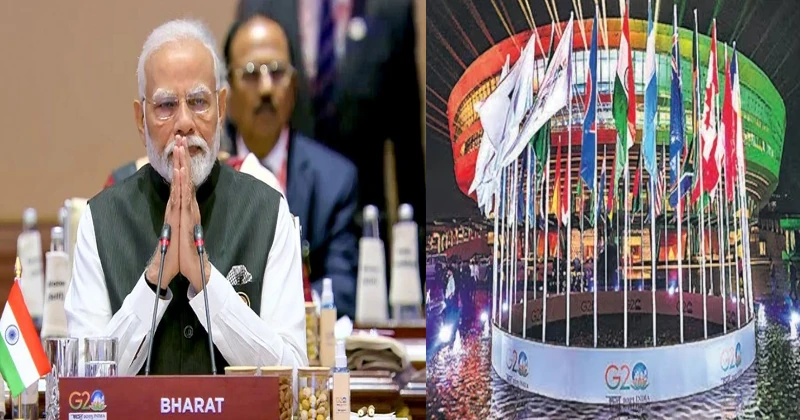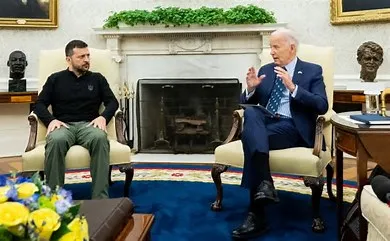Prime Minister Narendra Modi will chair the virtual G20 Leaders’ Summit that India is hosting on Wednesday night, which will feature a significant assembly of global leaders. Nine guest nations, the heads of eleven international organizations, and the leaders of all 20 G20 members—including the chair of the African Union—have all been invited. Prime Minister Modi declared during the G20 Summit’s closing ceremony on September 10 that India would hold a virtual G20 Leaders’ Summit before the country’s G20 Presidency ends on November 22.
The virtual summit will cover important topics, choose results, and go over changes that have happened since the September end of the G20 Summit in New Delhi. Upon the conclusion of this year’s G20 Leaders’ Summit, which was held in the nation’s capital on September 9–10, significant advancements have been made with regard to primary G20 objectives and results. Among the main anticipated outcomes of COP28 are, for example, the G20 consensus to triple the global capacity of renewable energy by 2030 and to double the global rate of energy efficiency improvement by 2030. These commitments were made for the first time by G20 Leaders in Delhi.
In the US-China Joint Statement on November 14, both countries supported the G20 Leaders’ Declaration to pursue efforts to triple renewable energy capacity globally by 2030 and also agreed that each would undertake five large CCUS projects.
CCUS stands for Carbon capture, usage and storage. Such projects are carried out by employing technology that allows for the reduction of CO2 emissions from big point sources such as power plants, refineries, and other industrial sites.























